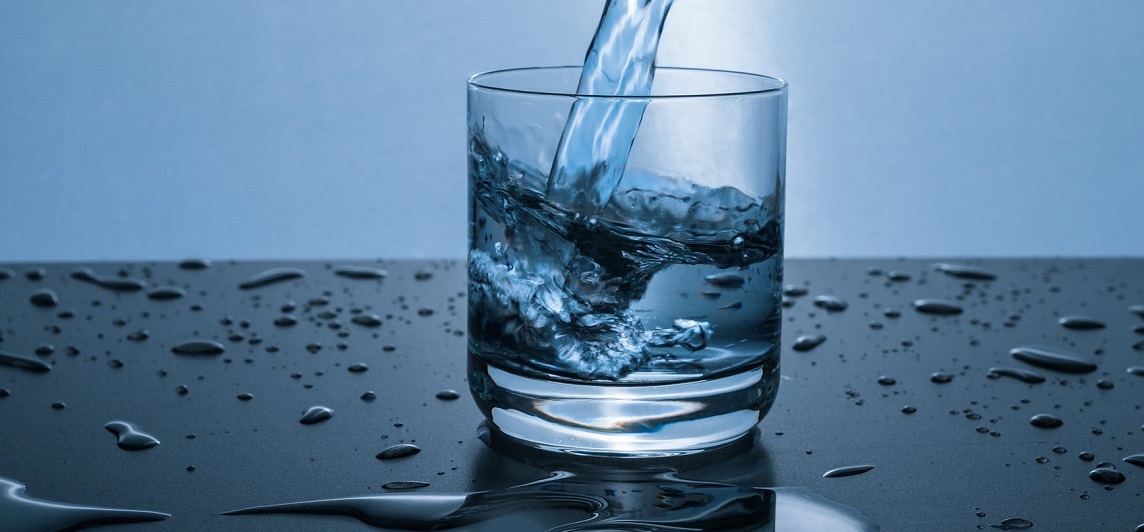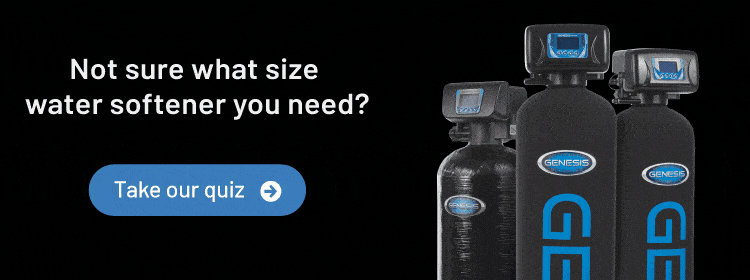Are Water Softeners Expensive to Run?
Posted by Discount Water Softeners on Feb 12th 2020
The Water We Use

The average person uses an estimated 65-75 gallons of water each day. Between washing hands and dishes, showering, cooking, and drinking, it’s easy to see how water usage can add up. But where does all this water come from? It starts out as snow or rain and flows into rivers, lakes, streams, and underground aquifers. A community system then pulls water from a body of water (or in some cases, a well) and treats it to meet state and federal required purity levels.
While tap water is generally safe to drink, the threat to our rivers and lakes is increasing, and therefore to our drinking water. Our local water is protected by EPA standards which set the amount of contaminants allowed in water. These standards protect the public from the potential health risks of water toxins. But when it comes to hard water minerals, specifically calcium and magnesium, the EPA has no set standards for public water supplies. Our health depends on clean water; sometimes obtaining clean water is dependent on homeowners.
Although hard water minerals are typically safe to consume, the EPA does offer a Secondary Drinking Water Regulation list that relates to hard water. This includes total dissolved solids, which is a measure of all dissolved minerals in drinking water. Total dissolved solids include ions that contribute to water hardness, and also those that do not, like sodium. The recommended standard for TDS is 500mg/L. Above this level, taste and color of water is affected, and mineral deposits may be left on appliances and dishes.
85% of the U.S. has hard water so it’s highly likely you deal with this type of water in your own home. Hard water minerals aren’t bad for you, but hard water sediments can carry potentially harmful bacteria along with it. Studies have found that hard water scaling is directly responsible for bacterial growth in drinking water. Homeowners should not make the assumption that since local water supplies are regulated, and clean enough to drink, means they are free from contaminants. Public water treatment systems have the difficult task of keeping water safe for Americans, but that doesn’t mean it’s as purified as it can and should be.
What Will it Cost to Soften my Water?
There’s no question that hard water is unpleasant to live with, but you’ve postponed putting an end to your water troubles for one reason or another. Maybe it’s the uncertainty of ongoing costs of ownership, or maybe you’re not sure how a whole home filtration system can improve your water. Whatever the case, it’s time to throw in the (stained) towel and eliminate hard water for good.
A whole home water filtration system, like a water softener, gets rids of mineral build-up in pipes, the gunk on your appliances, and skin that feels dry and itchy. If you’re tired of spending money on detergents that don’t do their job, constant plumbing repairs, and higher utility costs due to inefficient appliances, it’s time to explore new avenues.
The expenses associated with home softening equipment and maintaining a continuous supply of softened water, doesn’t cost as much as you think. In fact, the installation of a water softener puts money right back into your pocket by extending the life-span of dishwashers, refrigerators, ice makers, washing machines, and water heaters. Using hard water to operate water-using appliances causes frequent repairs and replacement nearly twice as often as you’d need to using soft water.
Water softeners are the perfect example of investments that pay for themselves. The two main expenses for proper use of your equipment comes from salt, and routine maintenance. How much salt you need depends on the hardness of your water, and the quantity that your household consumes.
An average family of four with a hardness level of roughly 25 grains per gallon will need about two 40lb bag of salt each month. This also can vary by unit—some high efficiency systems require fewer than 10 bags of salt per year. You can purchase a 40lb bag of Morton salt at your local retailer or for around $6 here.
The other expense of owning a water softening system comes from regular servicing of your unit. To keep your system running smoothly, it’s recommended to have your system cleaned and inspected by a water treatment professional every few years. A specialist will test the hardness levels of your water, making sure that your system is softening correctly, and your settings are set for optimal performance based on your specific water hardness levels. If needed, a professional will also clean your brine tank and resin.
Taking the Plunge into Better, Softer Water.
Simply by adding another large appliance such as a whole home water filtration device to your home, doesn’t mean a drain of electricity and higher utility costs. For comparison, the average power draw of a small common household device, such as the popular Amazon Echo by Google, is approximately the same as the power draw of a water softener.
With only a minimal uptick in energy use, coupled with money savings across multiple areas of your home, including a more efficient water heater, your overall energy costs can be reduced by 25%, making a whole home water softening system the ideal solution for most homeowners. If the idea of having to replace your washing machine, water heater, or entire plumbing system due to hard water corrosion sounds appalling, begin by calling a water treatment professional for help in choosing the right water softening system for your home.


